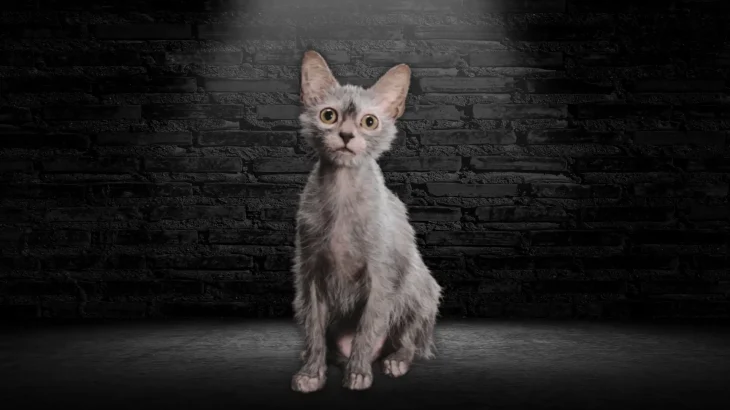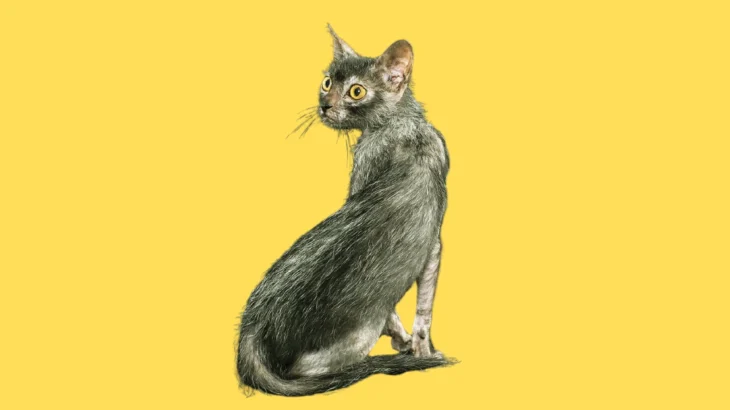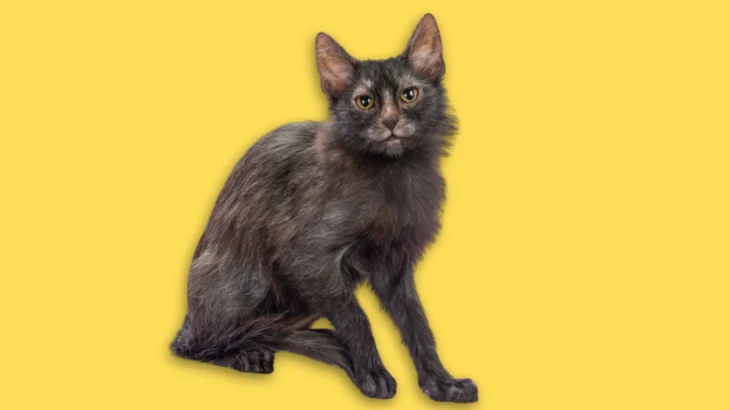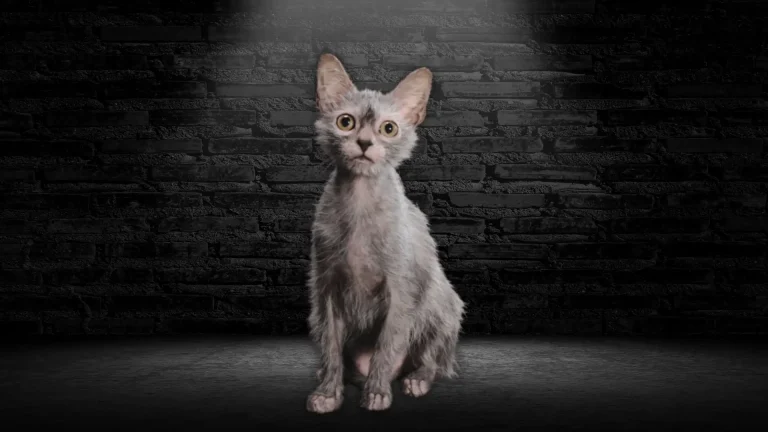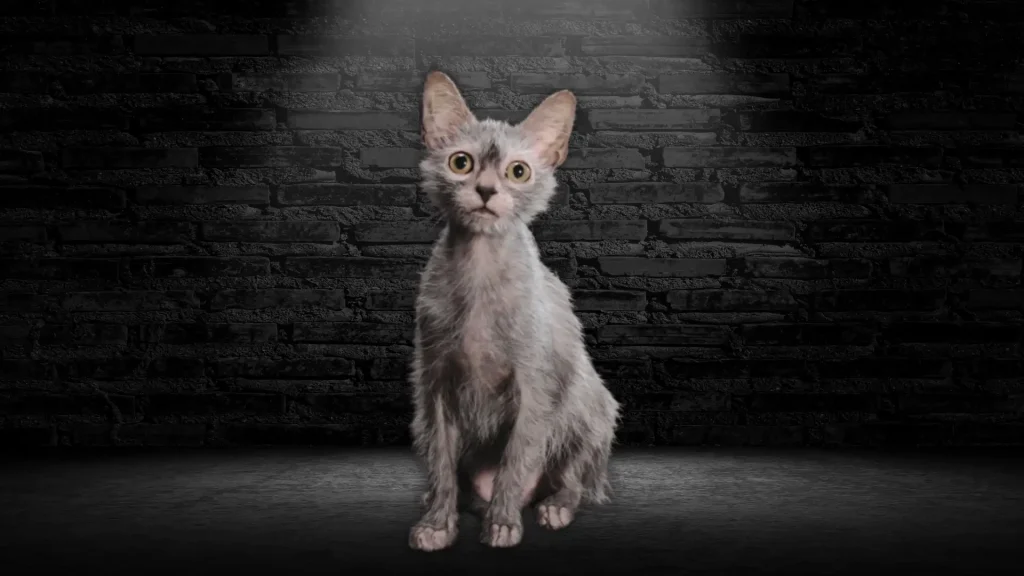When deciding between adopting or purchasing a Lykoi kitten, the choice often comes down to cost, health transparency, and ethics. Buying from a breeder typically provides detailed health and lineage info but costs more, while adoption is usually cheaper and lets you give a cat a second chance.
Here's a quick comparison:
| Criteria | Buying from Breeder | Adopting from Shelter/Rescue |
|---|---|---|
| Cost | Higher initial cost due to breed rarity and pedigree. | Lower fees, often include vaccinations and spaying/neutering. |
| Health History | Comprehensive screenings and history provided. | Basic health checks; full history may be unknown. |
| Age Availability | Mostly kittens for early bonding. | All ages, including adults and seniors. |
| Ethical Considerations | Supports controlled breeding for health. | Gives a home to cats in need and reduces shelter populations. |
| Genetic Disorder Risk | Breeders minimize through testing. | Genetic background uncertain; some rescues test. |
| Return Policy & Support | Often includes guarantees and breeder support. | Policies vary; shelters may offer limited support. |

